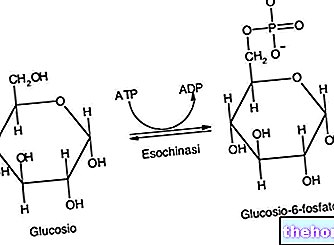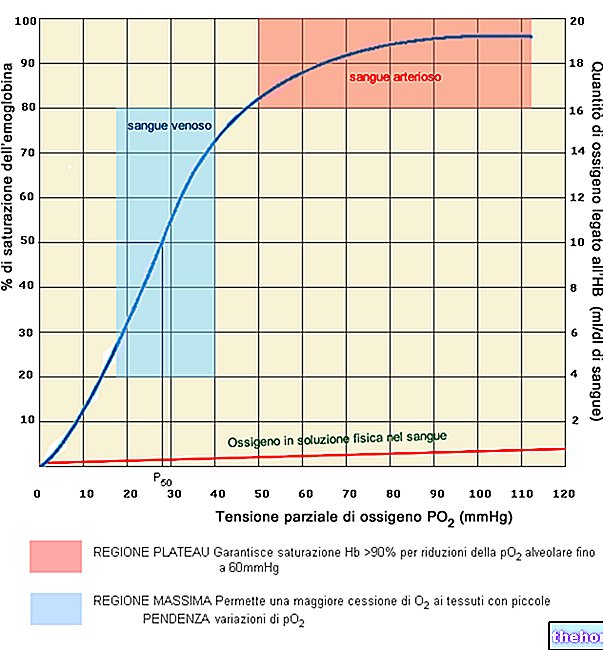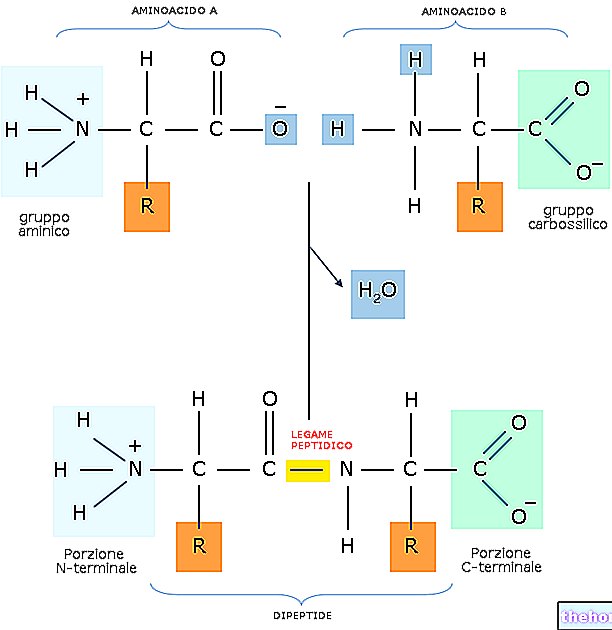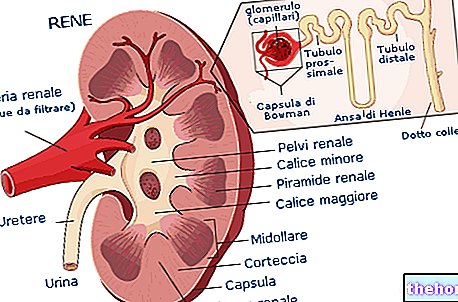By Doctor Nicola Sacchi - Author of the book: Drugs and doping in sport -
Glucocorticoids are a class of steroid hormones produced in humans in the fasciculated area of the adrenal cortex. The most important human glucocorticoid is cortisol.
Cortisol is also called the stress hormone, as it is produced in greater quantities following the increase in psycho-physical stress conditions such as training, pathological states, fasting, surgery, injuries, etc.
The main effects of glucocorticoids are on carbohydrate metabolism and inflammatory and immune responses. In fact, these hormones increase blood sugar and reduce the immune response, consequently inflammatory states.
These properties have led to the development of numerous drugs based on various synthetic glucocorticoids to combat inflammatory states and allergies.

These actions also include the property of glucocorticoids to modulate the production of other hormones.
- Insulin: chronic cortisol excesses lead to an increase in the release of insulin by the pancreas, reducing the sensitivity of muscle and adipose tissue to its action. Hyperinsulinemia leads to the deposition of more fat despite cortisol being a lipolytic hormone.
- Parathyroid hormone: glucocorticoids enhance the action and release of parathyroid hormone, which promotes bone resorption causing osteolysis; this effect is induced by the fact that glucocorticoids cause a negative calcium balance, reducing its absorption and increasing its excretion; consequently the parathyroid hormone must compensate for these effects.
- GH: the excess of glucocorticoids reduces the secretion of GH and somatomedins, thus reducing the growth and regeneration of tissues. This effect could be explained by the fact that the effects of GH and somatomedins promote anabolic and energy-consuming reactions, while glucocorticoids are used by the body to reduce energy expenditure.
- Thyroid hormones: the excess of glucocorticoids reduces the conversion of T4 into the more active T3 and increases the reverse conversion of T3 into T4; this effect also seems to be explained by the fact that glucocorticoids must promote energy saving.
- Testosterone: Cortisol also affects gonadal function. It inhibits the secretion of gonadotropins thus reducing plasma testosterone levels.
The interactions of glucocorticoids with other hormones demonstrate once again how important it is, for health and above all for physical efficiency, to keep the levels of these hormones low, which if in excess promote numerous deleterious effects for our body.
















.jpg)











